Mainstream media often covers the topic of food journaling or keeping a food diary to track what you eat. Usually that’s in the context of dieting, because this strategy can help us be more mindful of the foods we eat and can help in reducing the number of calories consumed. But have you ever thought about the benefits food journals can bring to families managing food allergies?
Today we will go over some of the benefits that can be gained by keeping a detailed food allergy journal.
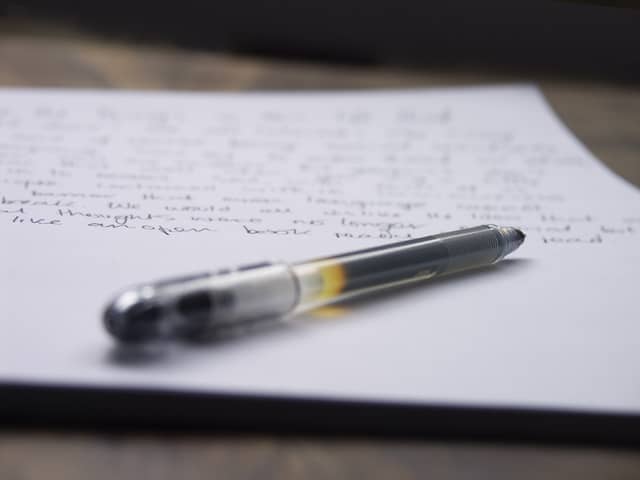 What is a Food Allergy Journal?
What is a Food Allergy Journal?
A food allergy journal is a place where you record food intake for you and/or your child on a regular basis in a chronological order. This journal contains exactly what was eaten, when and where. The more detailed your records are, the easier it is for your healthcare team to spot potential allergy triggers and/or cross-reactions. (Unsure what cross-reactions are? Read Food Allergies and Cross-Reactivity – Do You Have to Avoid Related Foods?) Don’t forget to include in your records ingredients of an item consumed, note brand names used and quantities eaten.
Additional items you can track in your journal:
- Formula, breast milk and other liquids
- Food preparation type – Homemade or pre-packaged? Raw or Cooked? Fried or Baked?
- Medications/Vitamins taken
- Symptoms observed – Severity, how soon after eating they showed up, what they looked like? What time of day/night did they show up? Start/stop time (when applicable). For example “Baby was gassy and fussy 30 minutes after drinking 4 oz of formula. This lasted for 2 hours after eating”.
- Mental state – How did you/your child feel during the meal and after? Was your child more fussy than usual, or did she have trouble sleeping?
- Environmental triggers – Did you eat at home or out at the restaurant? Did you visit anywhere that had animals? Was anyone wearing a lot of perfume? Were there freshly bought flowers or was a nearby window open?
Benefits of Food Allergy Journals:
While keeping very detailed records of everything eaten can take some time, it does come with benefits:
- No need to memorize everything you/your baby consumes. During your next doctor’s visit you can easily answer their diet-related questions
- Helps prepare you for the next office visit. Knowing exactly what was consumed can help spark questions you might have for your healthcare professional
- Can help identify trends/cross-reactions
- Can work as a playbook for your healthcare team when you come in with concerns. For example, do you have concerns about the number of diapers you are changing vs. how many you think you should be changing? Is your baby gaining enough/not enough weight?
- Can help guide potential tests/recommendations
- You can track symptom improvements over time after taking certain foods out of the diet
Automating Food Allergy Tracking
Food allergy tracking can be done with an old school paper and pen method or you can go the high tech route with spreadsheets or phone apps.
Did you know that using the new Neocate Footsteps app you can simplify the tracking process and even email your doctor all the information ahead of time?
There are many features the new app provides that can help you keep a detailed food allergy journal:
Track events and share reports with your healthcare team: Diaper changes, symptoms, sleep times, meals, bottles, mood, weight, height and head circumference.
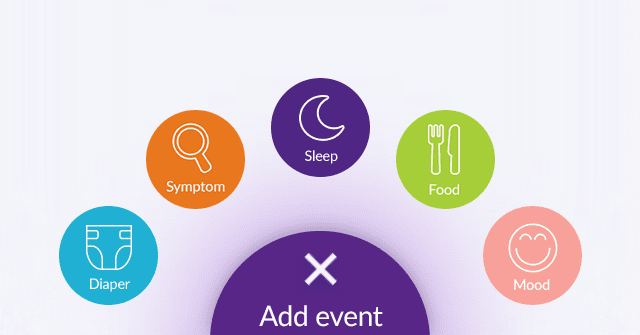
Attach images and notes to any event, such as a diaper or skin rash. No need to guess when a specific event happened, how many wet diapers your baby had that day, or what that rash looked like last Tuesday.
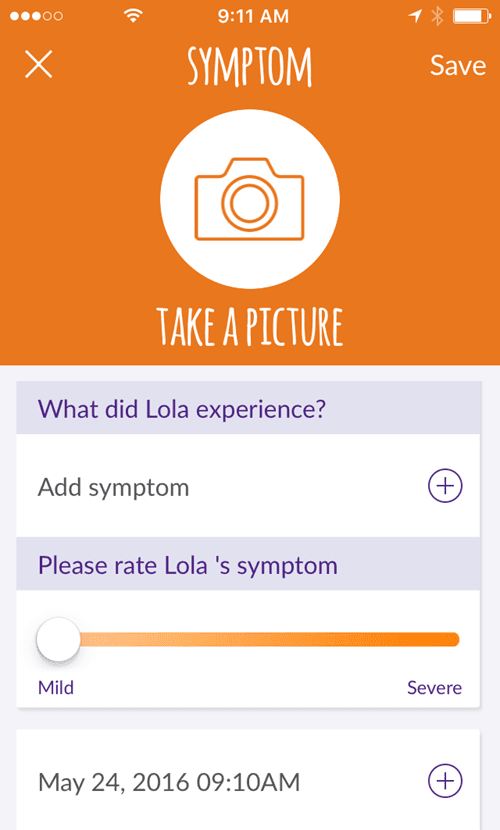
View easy-to-read charts that can help identify patterns in sleeping, eating, and allergic symptoms.
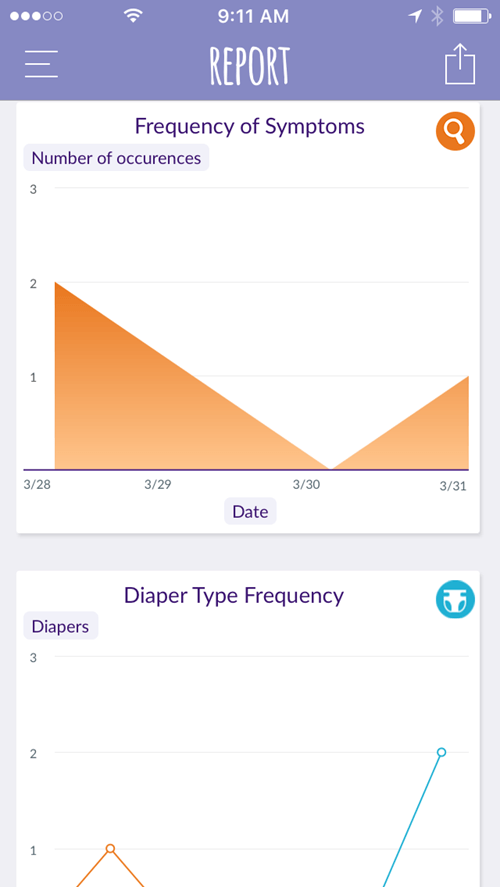
Email Reports: You can even email these charts directly to your healthcare team ahead of time!
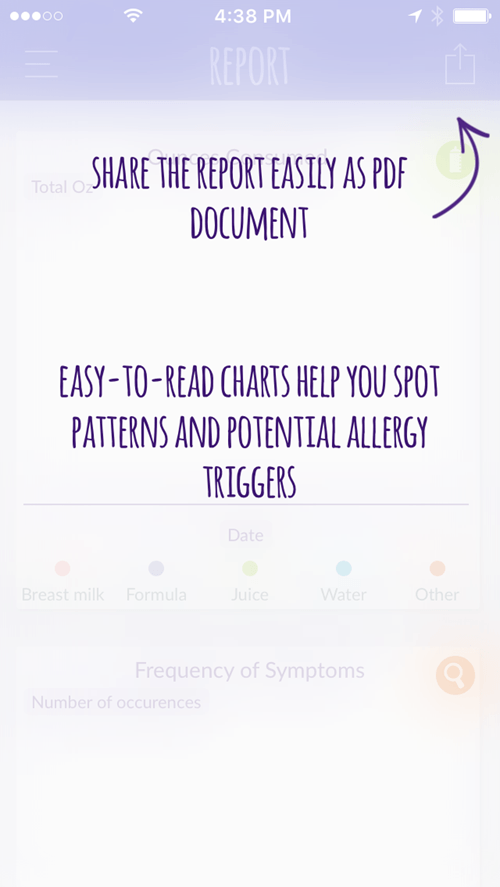
Do you keep a food allergy diary? What tips would you share with other families?






